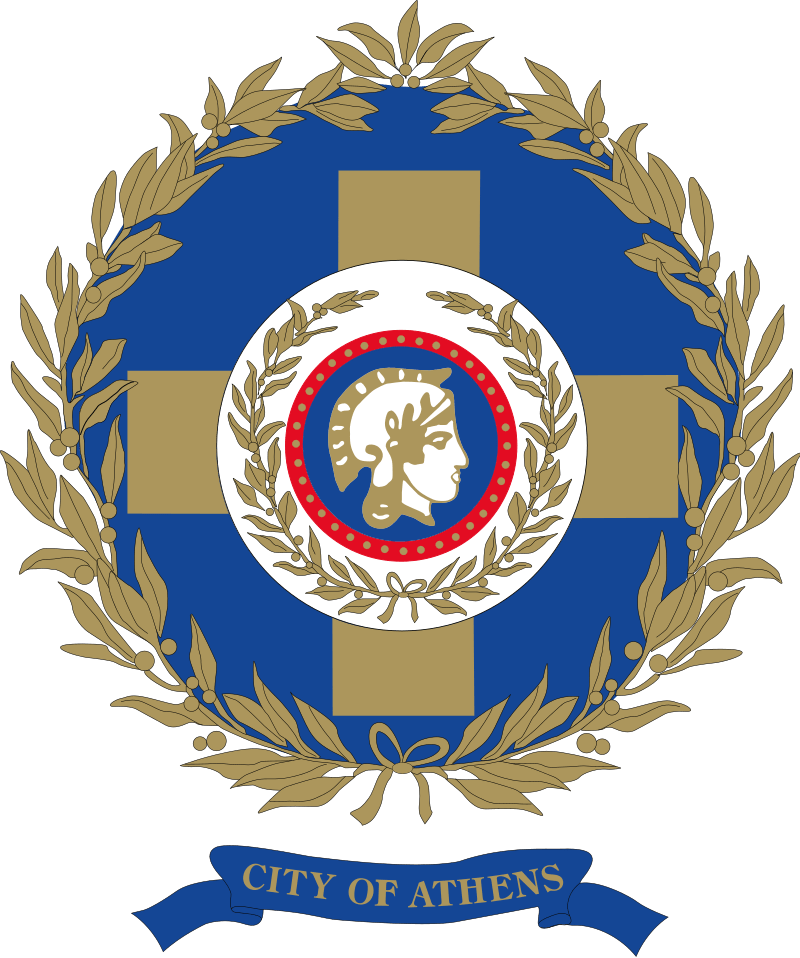Duchy of Athens

- Coat of arms/Flag
- Status – Vassal state of various countries, de facto autonomous
- General Alignment –
- Settlement size –
- Corruption +; Crime +; Economy +; Law +; Lore +; Society +
- Qualities –
- Danger +
- Demographics
- Country –
- Government –
- Legislature –
- Population –
- Places of interest –
- Current Ruler – Chiara Zorzi regent of Athens with with Bartolomeo Contarini, (Francesco I Acciaioli Duke of Athens)
- Other Notable residents –
- Marketplace
- Base Value ; Purchase Limit ; Spellcasting
- Minor Items ; Medium Items ; Major Items
History
In 1400 BCE the settlement had become an important centre of the Mycenaean civilization, and the Acropolis was the site of a major Mycenaean fortress. However, Athens, like many other Bronze Age settlements, went into economic decline for around 150 years afterwards.
From 900 BCE onwards Athens was one of the leading centres of trade and prosperity in the region. The leading position of Athens resulted from its central location in the Greek world, its secure stronghold on the Acropolis and its access to the sea, which gave it a natural advantage over inland rivals such as Thebes and Sparta.
Delian League, under the leadership of Athens before the Peloponnesian War in 431 BCE.
By the 6th century BCE, widespread social unrest led to the reforms of Solon. These would pave the way for the eventual introduction of democracy by Cleisthenes in 508 BCE. Athens had by this time become a significant naval power with a large fleet, and helped the rebellion of the Ionian cities against Persian rule. In the ensuing Greco-Persian Wars Athens, together with Sparta, led the coalition of Greek states that would eventually repel the Persians, defeating them decisively at Marathon in 490 BCE, and crucially at Salamis in 480 BCE. However, this did not prevent Athens from being captured and sacked twice by the Persians within one year, after a heroic but ultimately failed resistance at Thermopylae by Spartans and other Greeks led by King Leonidas, after both Boeotia and Attica fell to the Persians.
The decades that followed became known as the Golden Age of Athenian democracy, during which time Athens became the leading city of Ancient Greece, with its cultural achievements laying the foundations for Western civilization. The playwrights Aeschylus, Sophocles and Euripides flourished in Athens during this time, as did the historians Herodotus and Thucydides, the physician Hippocrates, and the philosopher Socrates. Guided by Pericles, who promoted the arts and fostered democracy, Athens embarked on an ambitious building program that saw the construction of the Acropolis of Athens (including the Parthenon), as well as empire-building via the Delian League. Originally intended as an association of Greek city-states to continue the fight against the Persians, the league soon turned into a vehicle for Athens’s own imperial ambitions. The resulting tensions brought about the Peloponnesian War (431–404 BCE), in which Athens was defeated by its rival Sparta.
By the mid-4th century CE, the northern Greek kingdom of Macedon was becoming dominant in Athenian affairs. In 338 CE the armies of Philip II defeated an alliance of some of the Greek city-states including Athens and Thebes at the Battle of Chaeronea, effectively ending Athenian independence. Later, under Rome, Athens was given the status of a free city because of its widely admired schools. The Roman emperor Hadrian, in the 2nd century CE, ordered the construction of a library, a gymnasium, an aqueduct which is still in use, several temples and sanctuaries, a bridge and financed the completion of the Temple of Olympian Zeus.
By the end of Late Antiquity, Athens had shrunk due to sacks by the Herulians, Visigoths, and Early Slavs which caused massive destruction in the city. Athens expanded its settlement in the second half of the Middle Byzantine Period, in the 9th to 10th centuries CE, and was relatively prosperous during the Crusades, benefiting from Italian trade. After the Fourth Crusade the Duchy of Athens was established. Currently it is the Ottoman Empireare looking to conquer Athens as they move west.

 Buy me a coffee
Buy me a coffee